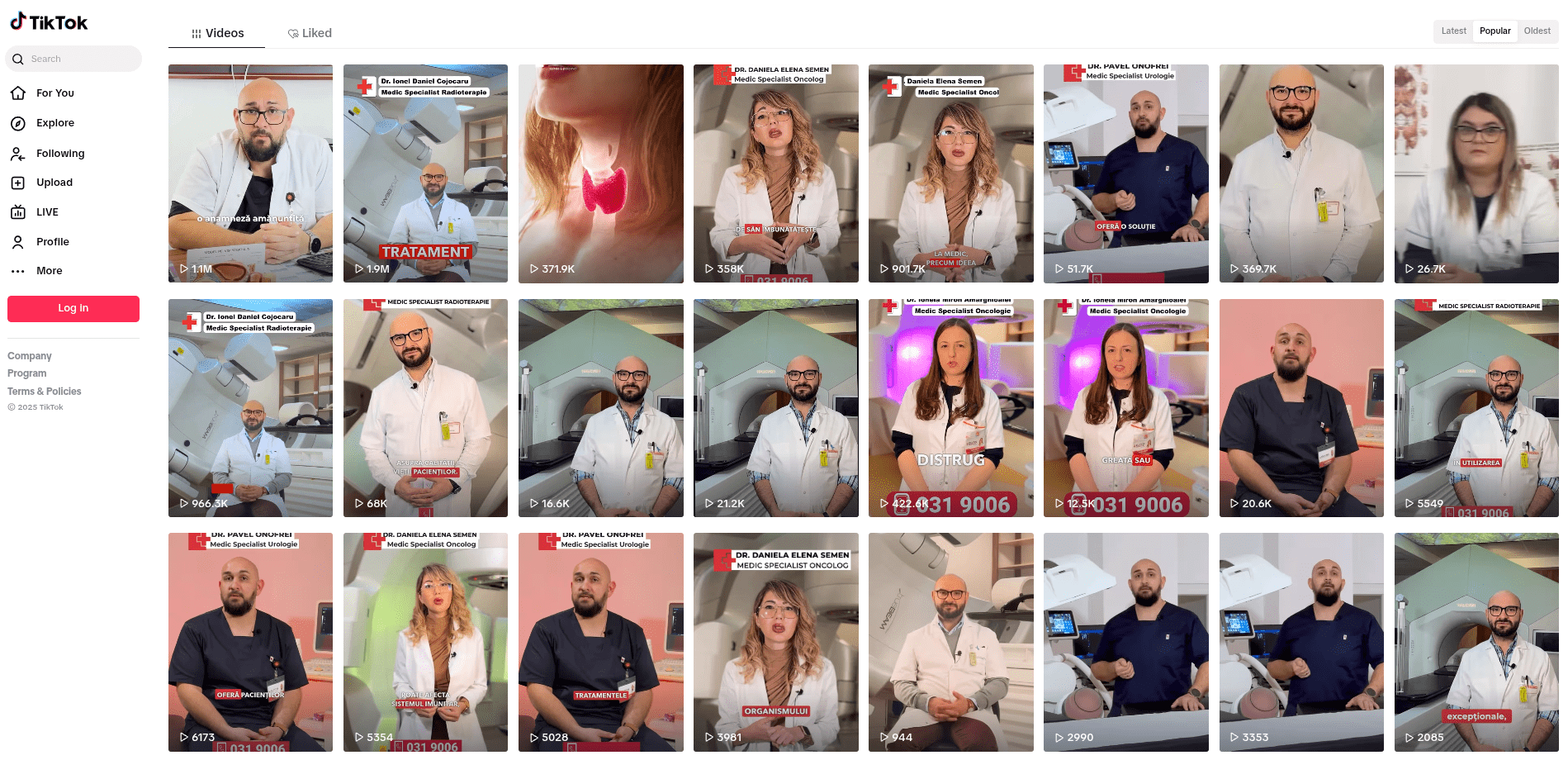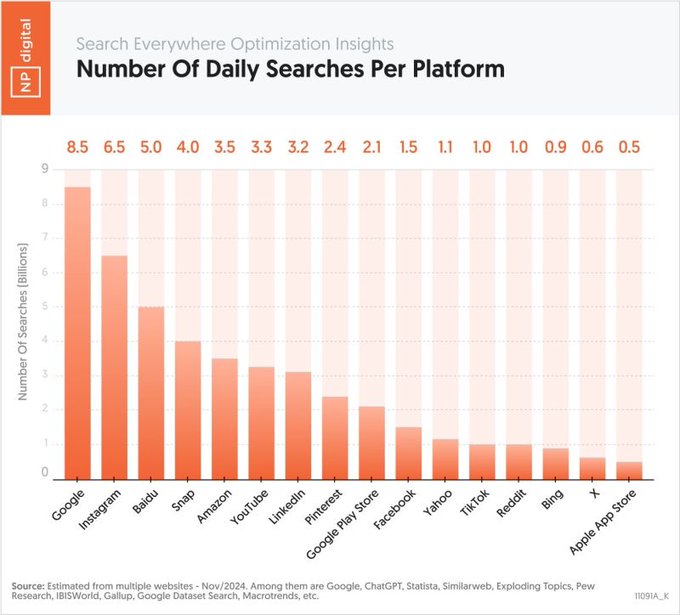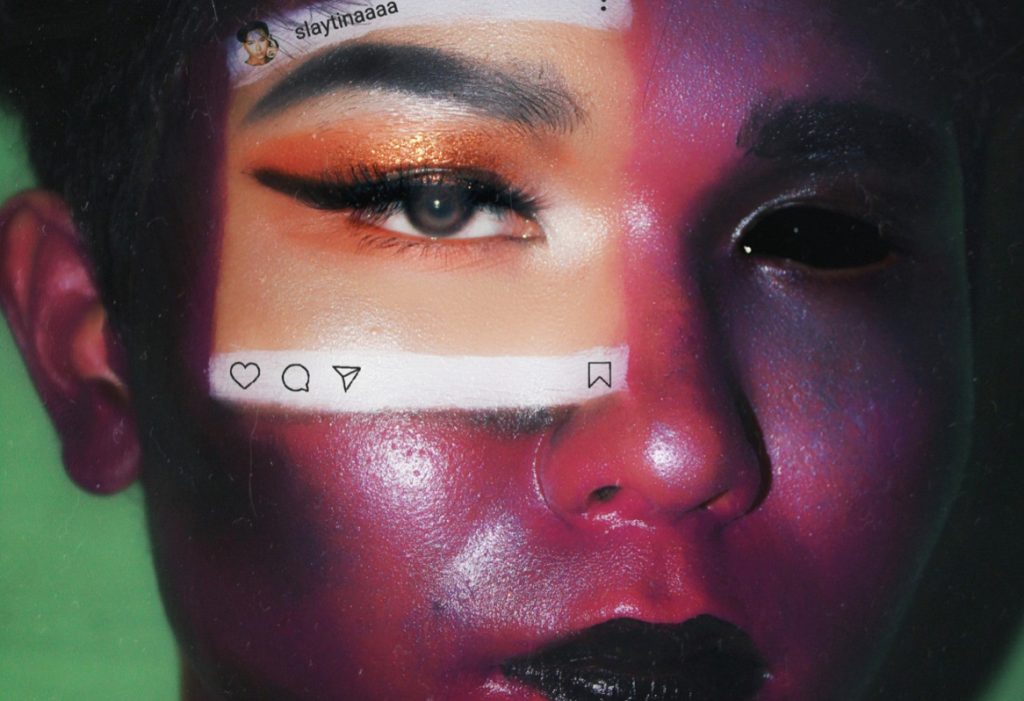In the dynamic landscape of modern marketing, artificial intelligence (AI) is no longer a futuristic promise, but a tangible reality that is radically transforming how companies interact with their audiences. From optimizing advertising campaigns to personalizing customer experiences, AI is becoming an indispensable ally for brands that aspire to excellence. In this article, we will explore how world-class companies are using AI to revolutionize their marketing campaigns, providing concrete examples and analyzing the impact of this technology on business results.
Klarna: A Remarkable Case Study
One of the most eloquent examples of aggressive AI adoption in marketing is Klarna, the Swedish giant in the “buy now, pay later” field. Since the emergence of ChatGPT, Klarna has intensively explored the potential of AI in various areas, from translations and image generation to CRM system optimization. In 2024, the company decided to take a bold step, completely delegating control of 30 marketing campaigns to generative AI.
These campaigns, conducted during major events such as Mother’s Day, Black Friday, and Back-to-School, covered 45 countries and required a huge volume of personalized content. In the past, creating such campaigns would have involved collaboration with translation agencies, graphic artists, and production teams, a costly and time-consuming process. However, Klarna chose to entrust key tasks to AI, from developing concepts and generating visuals to providing valuable information for production.
The results were spectacular. The AI-generated visuals were remarkable, characterized by clarity, coherence with the brand identity, and the ability to capture authentic human emotions. In addition, AI demonstrated advanced skills in creating complex designs.
Superior Performance and Substantial Savings
The real impact of AI-generated campaigns was felt in their performance. Some of these campaigns surpassed the performance of traditional, human-generated campaigns. For example, in a campaign to inform customers about Klarna’s payment options, the click-through rate (CTR) increased by 300-400%, and email CTR increased from 0.5% to 2%.
In addition to improving performance, Klarna achieved significant savings. By replacing images from Getty Images with AI-generated visuals, the company saved $6 million. Another $4 million was saved by reducing costs with translation and production agencies. In total, Klarna saved $10 million in the first quarter of 2024 alone.
This bold strategy also translated into impressive financial results. Klarna recorded a 27% increase in revenue in the first half of 2024, compared to the same period in 2023, and a profit of $20 million in the third quarter of 2024 alone.
Important Lessons for Brands
Klarna’s success demonstrates the enormous potential of AI in marketing. Large companies are no longer afraid to take bold leaps, exploiting AI not only to reduce costs but also to improve performance to previously inaccessible levels. The business results are too significant to be ignored.
However, it is not necessary for all brands to adopt such a radical strategy from the outset. Starting with optimizing a single aspect of the marketing process, significant results can be achieved.
Other Examples of AI Use in Large Company Marketing
Klarna is just one example. Other large companies are using AI in innovative ways to improve their marketing campaigns.
- Netflix: The streaming platform uses AI to personalize content recommendations for each user. AI algorithms analyze viewing history, preferences, and user behavior to suggest relevant movies and series.
- Starbucks: The Starbucks mobile app uses AI to personalize offers and promotions for each customer. AI analyzes purchase, location, and preference data to provide personalized offers.
- Coca-Cola: The company uses AI to analyze consumer trends and develop new products and marketing campaigns. AI helps identify consumer preferences and create relevant advertising messages.
- Amazon: The e-commerce giant uses AI to personalize the shopping experience for each customer. AI analyzes purchase, search, and behavior data to suggest relevant products and optimize prices.
- L’Oréal: The cosmetics company uses AI to provide personalized beauty consulting. L’Oréal’s ModiFace app uses augmented reality and AI to allow users to virtually test makeup products and receive personalized recommendations.
Benefits of Using AI in Marketing
Using AI in marketing offers numerous benefits, including:
- Personalization: AI enables the creation of personalized experiences for each customer, leading to greater engagement and loyalty.
- Automation: AI automates repetitive tasks, freeing up time for marketing specialists to focus on strategic activities.
- Optimization: AI optimizes marketing campaigns in real-time, based on data and results obtained.
- Analysis: AI analyzes marketing data to identify trends and opportunities, providing valuable information for decision-making.
- Cost savings: AI reduces costs by automating tasks and optimizing campaigns.
Challenges of Using AI in Marketing
Although the benefits are significant, using AI in marketing also comes with challenges:
- Data quality: AI depends on high-quality data to function effectively.
- Ethics: The use of AI in marketing must be ethical and transparent, respecting consumer privacy and rights.
- Implementation: AI implementation requires investments in technology and expertise.
- Human creativity: AI cannot completely replace human creativity, which is essential for developing innovative marketing campaigns.
The Future of AI in Marketing
The future of AI in marketing is promising. As AI technology continues to evolve, companies will find new ways to use it to improve their marketing campaigns and achieve better results.
Some future trends include:
- Generative AI: Generative AI will be used to create personalized content, including texts, images, and videos.
- Predictive marketing: AI will be used to anticipate consumer behavior and personalize offers accordingly.
- Conversational marketing: AI-powered chatbots and virtual assistants will be used to provide personalized customer service.
- Immersive marketing: AI will be used to create immersive marketing experiences, such as virtual and augmented reality.
The use of AI in marketing is no longer just an experiment, but a major competitive advantage. Companies that adopt AI for content generation, ad optimization, and campaign automation achieve remarkable results, significant savings, and increased efficiency. Klarna, Coca-Cola, Nike, Amazon, and Meta are just a few examples of how AI is redefining the future of digital marketing.
This revolution is just beginning. As AI becomes increasingly advanced, we can anticipate a world where every advertising campaign is hyper-personalized, optimized in real-time, and more effective than ever. If large companies have the courage to let AI lead, the question is: (When) will you start too?





